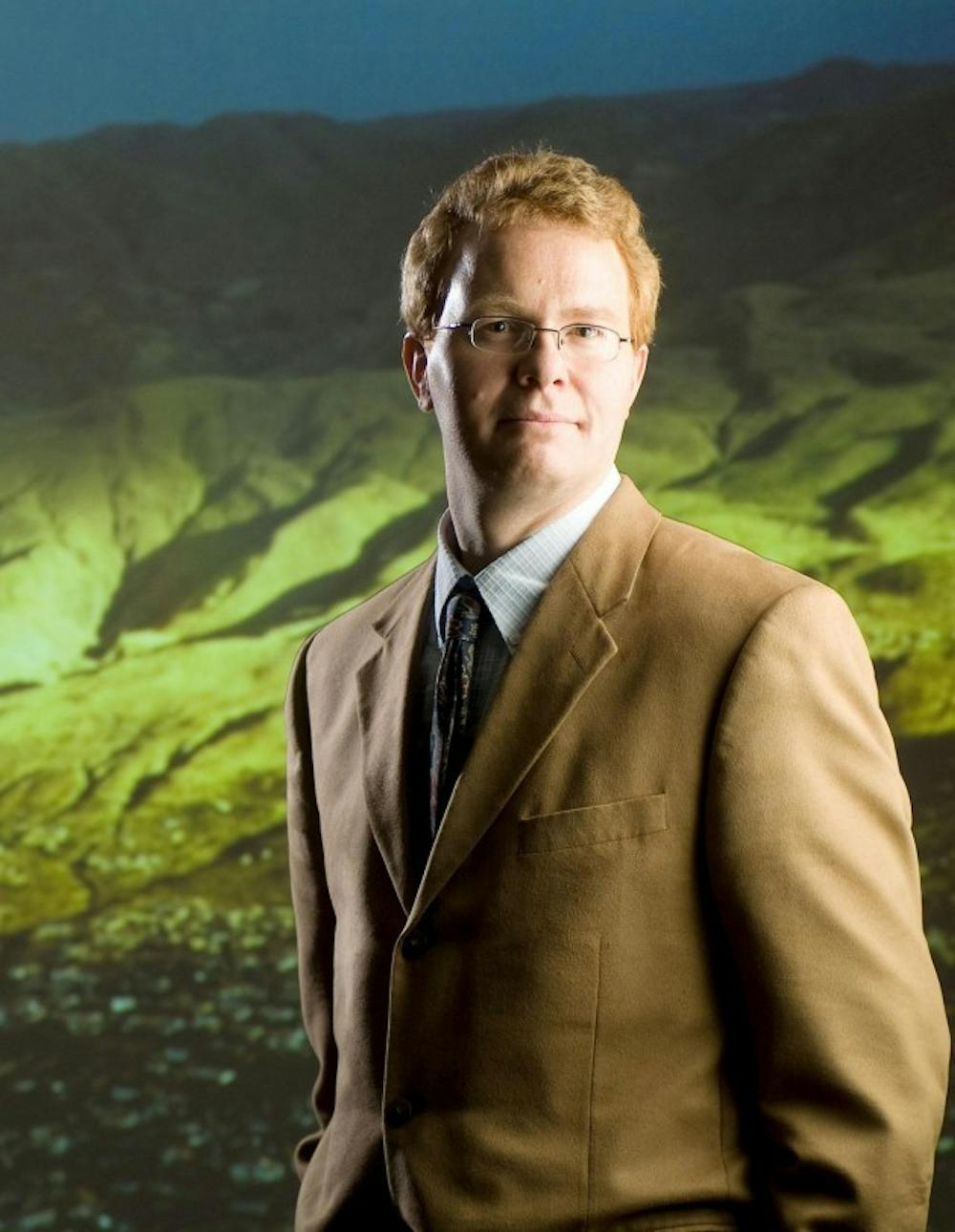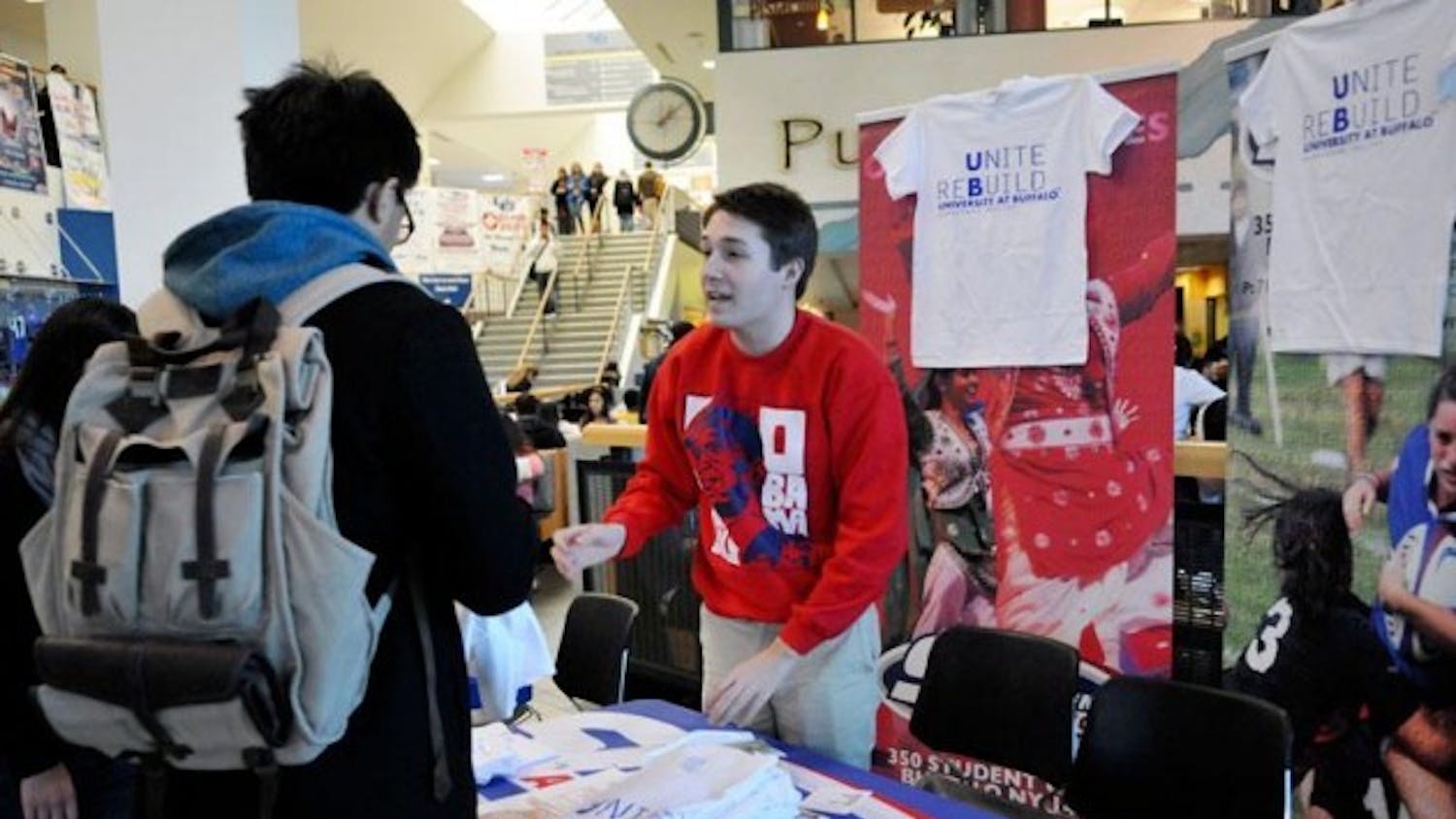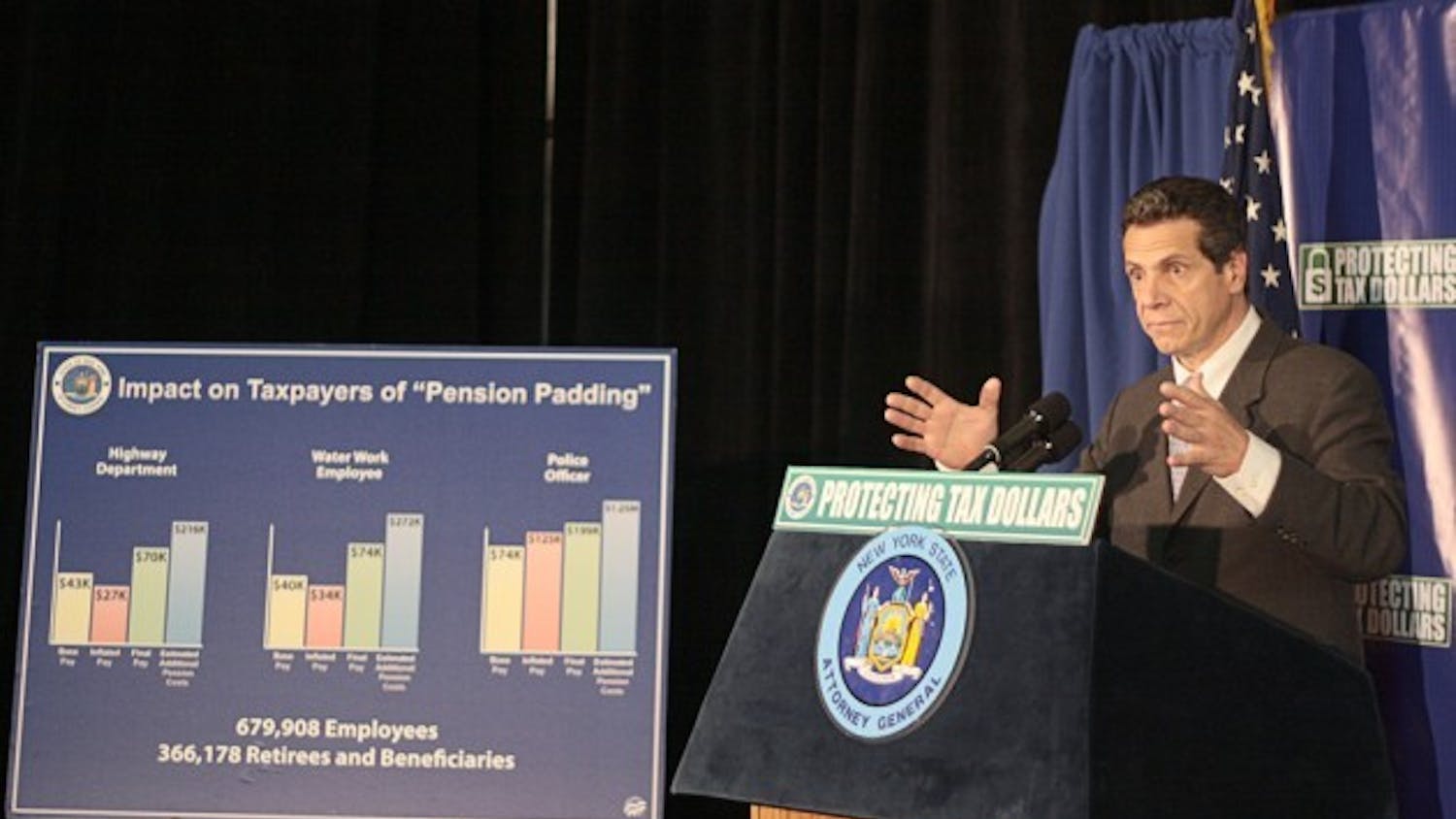Two UB professors are working with experts across New York to prepare the state for future natural disasters like Hurricane Sandy.
Chris Renschler, associate professor of geography, and Adel Sadek, professor of civil, structural and environmental engineering, were appointed to commissions New York Governor Andrew Cuomo created in response to the devastation left by the storm in October.
Hurricane Sandy caused approximately 8.1 million homes to lose power and New York City rationed gasoline for 15 days, according to Time Magazine. Cuomo plans to make the state more resilient.
Renschler and Sadek's colleagues said they are excellent choices for the commissions. As members of UB's Multidisciplinary Center for Earthquake Engineering Research (MCEER), they have experience dealing with and addressing "a variety of hazards, both natural and man-made, on critical infrastructure, facilities, and society," according to the organization's website. They are also members of UB 2020's Extreme Events: Mitigation and Response team, which assisted Haiti after the earthquake in 2010.
"It's more than looking at the suffering; it's coming up with solutions and preventative measures," Renschler said, though he could not disclose the commissions' proposals made to the governor on Jan. 3.
He was appointed to NYS Respond, the commission tasked with ensuring the state is able to better manage resources and deploy more trained personnel to respond to emergencies.
Renschler believes this won't be the last time New York faces extreme weather but said by managing our resources and response efforts, we can lessen the effects of a disaster.
NYS Respond and NYS 2100, in collaboration with NYS Ready, make up Cuomo's panel, which brings experts together to find solutions. According to Renschler, this is the best way to make progress. Sharing different perspectives shaped by multiple disciplines makes him think, "OK, we can do this."
"Extreme weather is the new normal," Cuomo said in the State of the State address on Jan. 4. "In the past two years, we have had two storms, each with the odds of a 100-year occurrence ... recent events demand that we get serious once and for all. We need to act, not simply react."
Cuomo talked about future improvements to the electrical power grid, fuel systems, communication systems and infrastructure.
NYS 2100 is the commission tasked with protecting - or when necessary, replacing - existing transportation, energy and environmental systems. Sadek is collaborating with a subcommittee of this commission, which will focus on transportation - Sadek's specialty.
Sadek, who studies transportation planning and engineering, as well as the use of collision-avoidance and traffic control systems, is currently director of UB's Transportation Systems Engineering Lab.
He and the subcommittee will concentrate on enhancing bridges, tunnels and roads used by citizens in evacuations and response teams going into affected areas.
"Our task is to help make sure that transportation infrastructure is more resilient in cases of extreme events like Hurricane Sandy," Sadek said to UB Reporter.
Sadek was attending conferences in Washington D.C. and was unavailable for an interview at the time of reporting.
The commissions have developed solutions that will take action immediately; however, most change will not happen overnight and there are still uncontrollable factors that affect the magnitude of storm damage, according to Renschler.
Although experts corrected deficiencies that impacted New York during Hurricane Irene in 2011, the state was not able to prevent Hurricane Sandy's impact. Renschler believes how and when a storm hits the coast causes additional challenges. However, preparing as much as possible is the first step in overcoming the storms.
Email: news@ubspectrum.com





